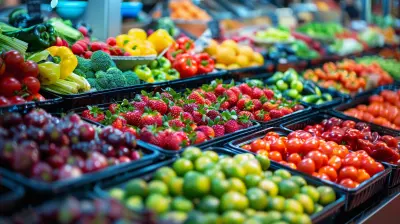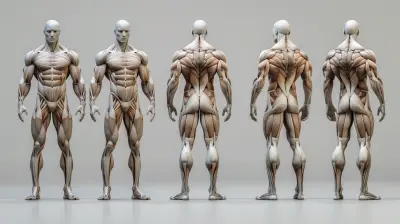Optimizing Your Diet for Maximum Strength Gains
10 July 2025
When it comes to getting stronger, lifting heavy weights is only half the battle. The other half? What you put on your plate. Your diet plays a crucial role in maximizing strength gains, fueling muscle growth, and ensuring proper recovery.
If you're serious about taking your strength game to the next level, let's dive into the smart way to optimize your diet for maximum results. 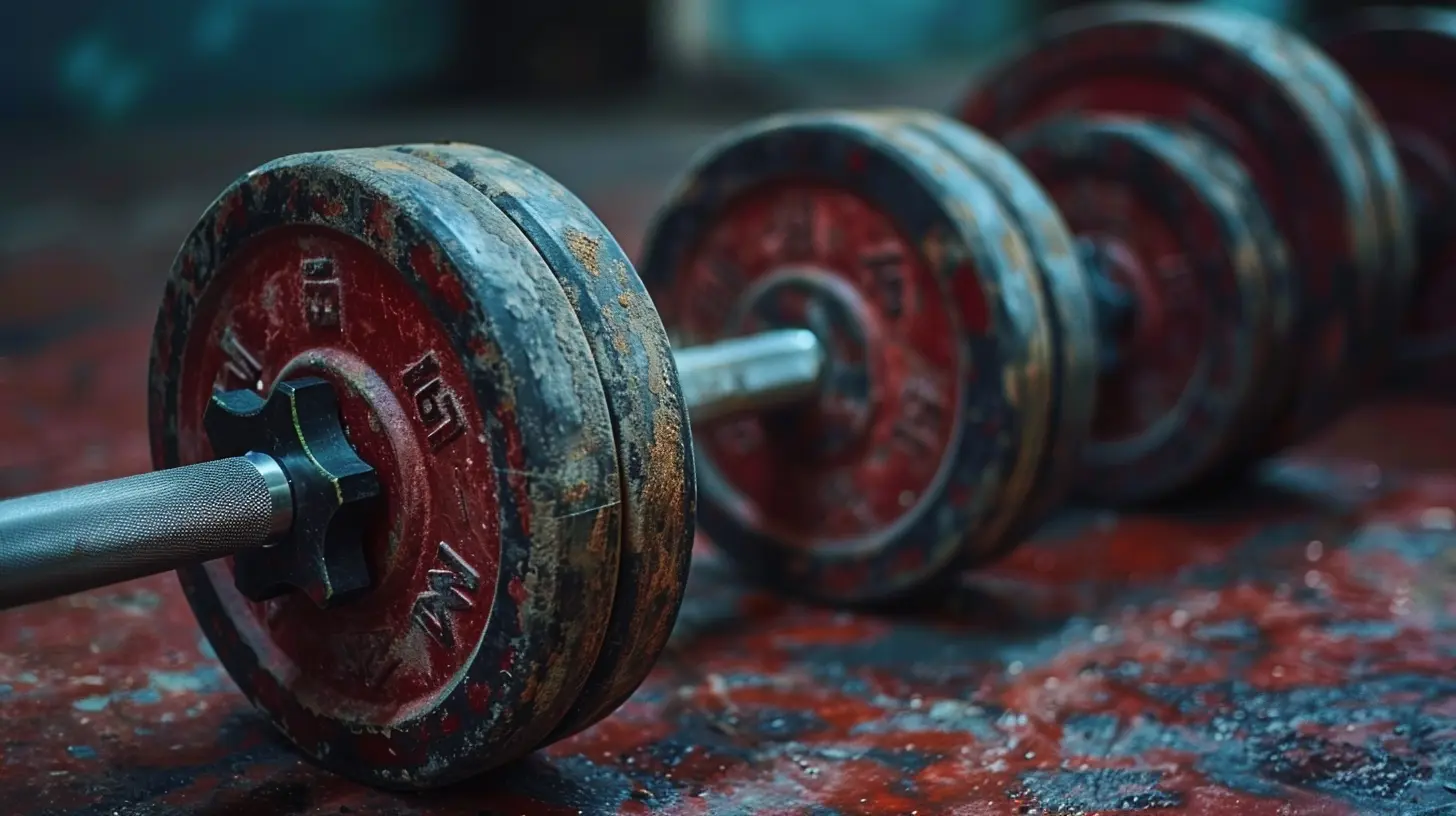
Why Nutrition Matters for Strength Gains
Think of your body as a high-performance engine—it needs the right fuel to run efficiently. Without proper nutrition, your muscles won't grow, your energy levels will dip, and your recovery will suffer. Strength training breaks down muscle fibers, and the right diet helps rebuild them stronger than before.So, what should you eat to power your strength gains? Let’s break it down. 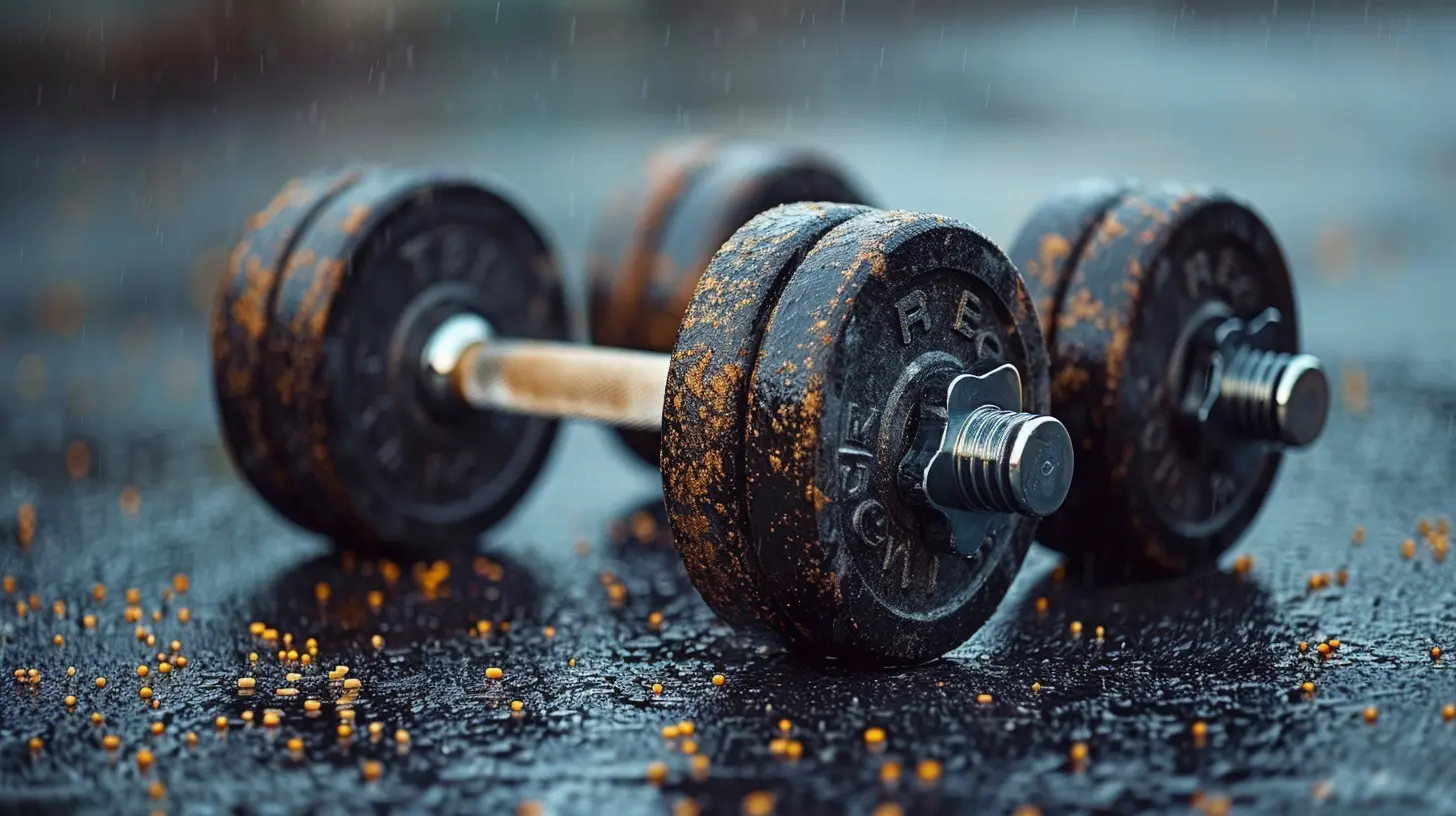
1. Prioritize Protein Intake
Proteins are the building blocks of muscle. If you’re not getting enough, you’re limiting your ability to recover and grow stronger.How Much Protein Do You Need?
A good starting point is 0.7 to 1.0 grams of protein per pound of body weight. For example, if you weigh 180 lbs, you should aim for 126 to 180 grams of protein daily.Best Protein Sources for Strength Gains
Load up on these protein-rich foods to fuel your muscles:- Lean meats (chicken breast, turkey, lean beef)
- Eggs (one of the most complete protein sources)
- Fish (salmon, tuna, cod)
- Dairy (Greek yogurt, cottage cheese)
- Plant-based options (lentils, quinoa, tofu, tempeh)
- Protein supplements (whey protein, casein, pea protein for plant-based diets)
Want to grow stronger? Make sure protein is a priority in every meal and snack. 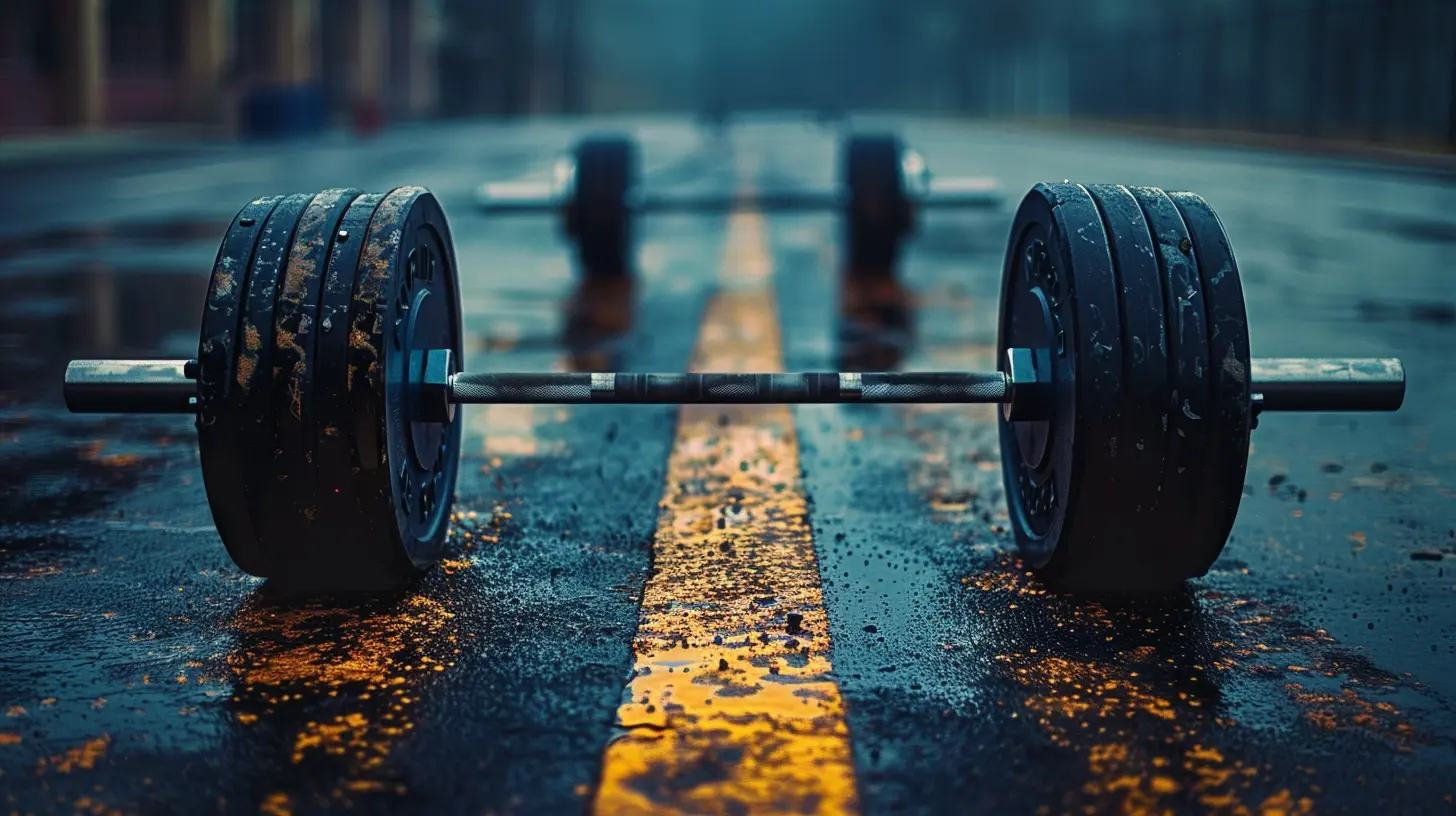
2. Don't Ignore Healthy Fats
Many people make the mistake of fearing fat, but healthy fats are essential for hormone production—including testosterone, which plays a huge role in strength gains.Best Healthy Fat Sources
- Avocados- Nuts & seeds (almonds, walnuts, flaxseeds, chia seeds)
- Olive oil & coconut oil
- Fatty fish (salmon, mackerel)
- Egg yolks
Fats keep your hormones in check, aid recovery, and help with overall energy production. Don’t be afraid to add them to your meals! 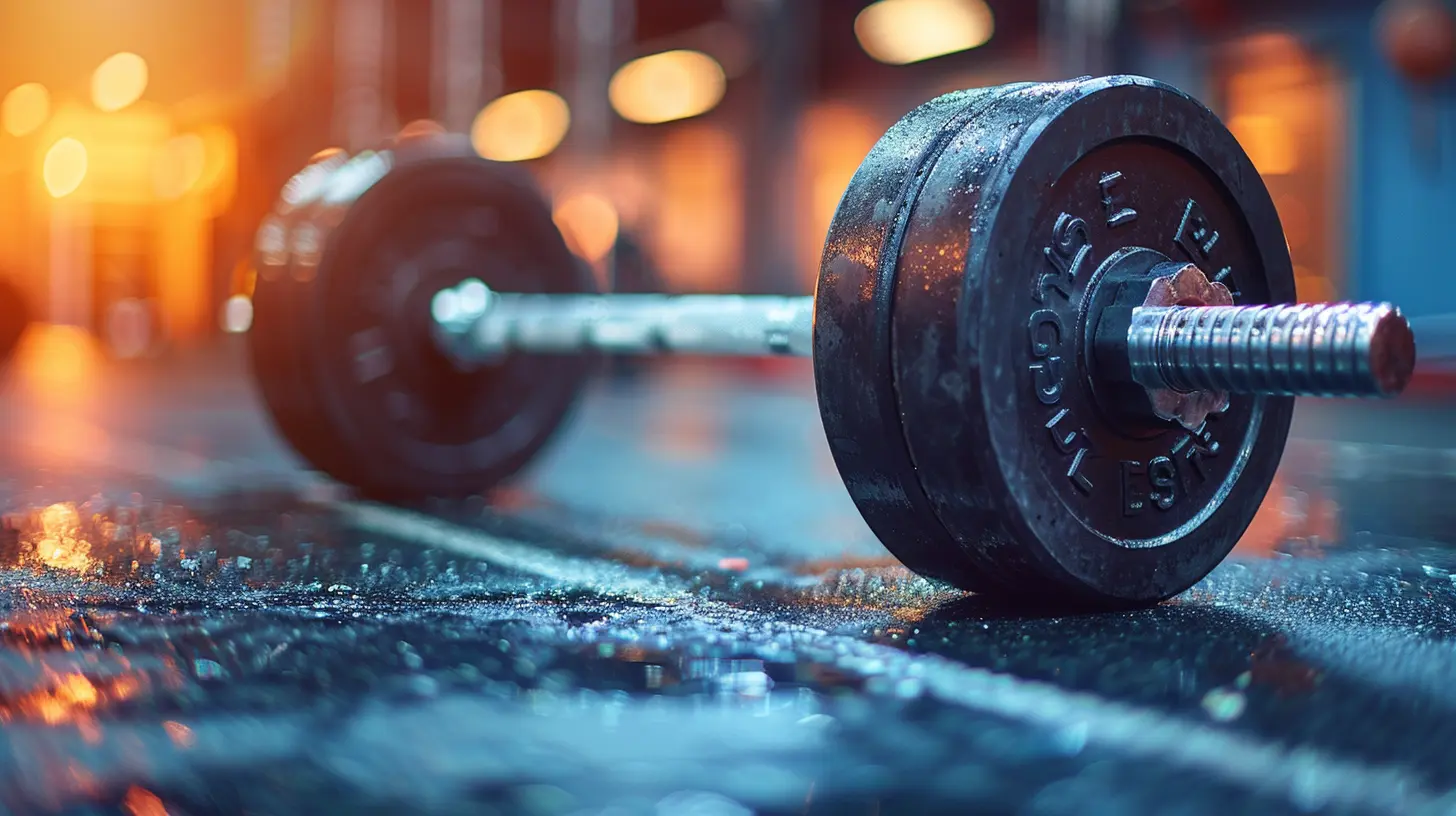
3. Fuel Up with Carbohydrates
Carbs are your body's primary energy source. If you don’t eat enough of them, you’ll struggle with performance and feel drained during workouts. Strength training burns glycogen (your stored form of carbs), so refueling is critical.Best Carb Sources for Strength
- Whole grains (brown rice, quinoa, oats)- Fruits (bananas, apples, berries)
- Vegetables (sweet potatoes, spinach, broccoli)
- Legumes (beans, lentils)
Aim for complex carbs rather than processed ones to sustain energy throughout your day.
4. Timing Your Meals for Maximum Performance
When you eat is just as important as what you eat. Proper meal timing can help optimize performance and recovery.Pre-Workout Nutrition
Your pre-workout meal should include carbs for energy and protein to prevent muscle breakdown.Example Pre-Workout Meal:
- Oatmeal with banana and peanut butter
- Chicken and brown rice
- Greek yogurt with berries
Post-Workout Nutrition
After lifting, your muscles need protein to rebuild and carbs to replenish glycogen stores. Aim to eat within 30-60 minutes post-workout.Example Post-Workout Meal:
- Whey protein shake with a banana
- Grilled salmon with sweet potatoes
- Turkey sandwich on whole-grain bread
Post-workout nutrition is key for recovery—don’t skip it!
5. Stay Hydrated
You can eat all the right foods, but if you’re dehydrated, your performance AND recovery will suffer. Even a 2% drop in hydration can lead to a noticeable strength decline.How Much Water Should You Drink?
A good rule of thumb: half your body weight in ounces. If you weigh 200 lbs, aim for 100 oz of water per day.For heavy lifters, adding electrolytes (like sodium and potassium) can help maintain proper muscle function.
Pro tip: If your urine is dark yellow, drink more water!
6. Supplements That Support Strength Gains
While whole foods should always come first, some supplements can give you an extra edge.Best Strength-Boosting Supplements
✔ Whey Protein – Fast-digesting protein for muscle recovery✔ Creatine Monohydrate – Boosts strength and power output
✔ Beta-Alanine – Helps reduce muscle fatigue
✔ Omega-3s – Supports joint health and reduces inflammation
✔ Vitamin D & Magnesium – Helps with muscle function and recovery
If you’re already getting enough protein and quality food, supplements can enhance but not replace a solid diet.
7. Avoid Common Diet Mistakes
When optimizing your diet for strength, avoid these pitfalls:❌ Not eating enough calories – Strength training requires extra fuel
❌ Over-relying on processed foods – Stick to whole, nutrient-dense foods
❌ Skipping post-workout meals – Recovery depends on proper refueling
❌ Neglecting hydration – Dehydration hampers strength and performance
If you're serious about getting stronger, avoid these mistakes and stay consistent with your nutrition.
The Bottom Line
Optimizing your diet for maximum strength gains isn’t just about eating more food—it’s about eating the right food at the right time. Make protein your priority, fuel up on complex carbs, add healthy fats, hydrate like a champion, and use supplements wisely.Strength isn’t built in a day—it’s built meal by meal, workout by workout. Dial in your nutrition, stay consistent, and watch your strength soar.
all images in this post were generated using AI tools
Category:
Strength TrainingAuthor:

Tiffany Foster
Discussion
rate this article
2 comments
Aubrey Hahn
Great article! I love how you break down the essentials of diet for strength gains. It’s so true that what we eat really does fuel our progress in the gym. Can’t wait to implement these tips!
November 25, 2025 at 5:33 AM

Tiffany Foster
Thank you so much! I'm glad you found the tips helpful. Wishing you great success in your strength journey!
Arwenia McGarvey
Great article! It’s essential to prioritize protein intake and nutrient-dense foods for strength gains. Don't forget about hydration and timing your meals around workouts. Simple changes can lead to significant results!
July 22, 2025 at 2:46 AM

Tiffany Foster
Thank you for the insightful comment! Absolutely, hydration and meal timing are key elements for optimizing strength gains. Glad you enjoyed the article!
